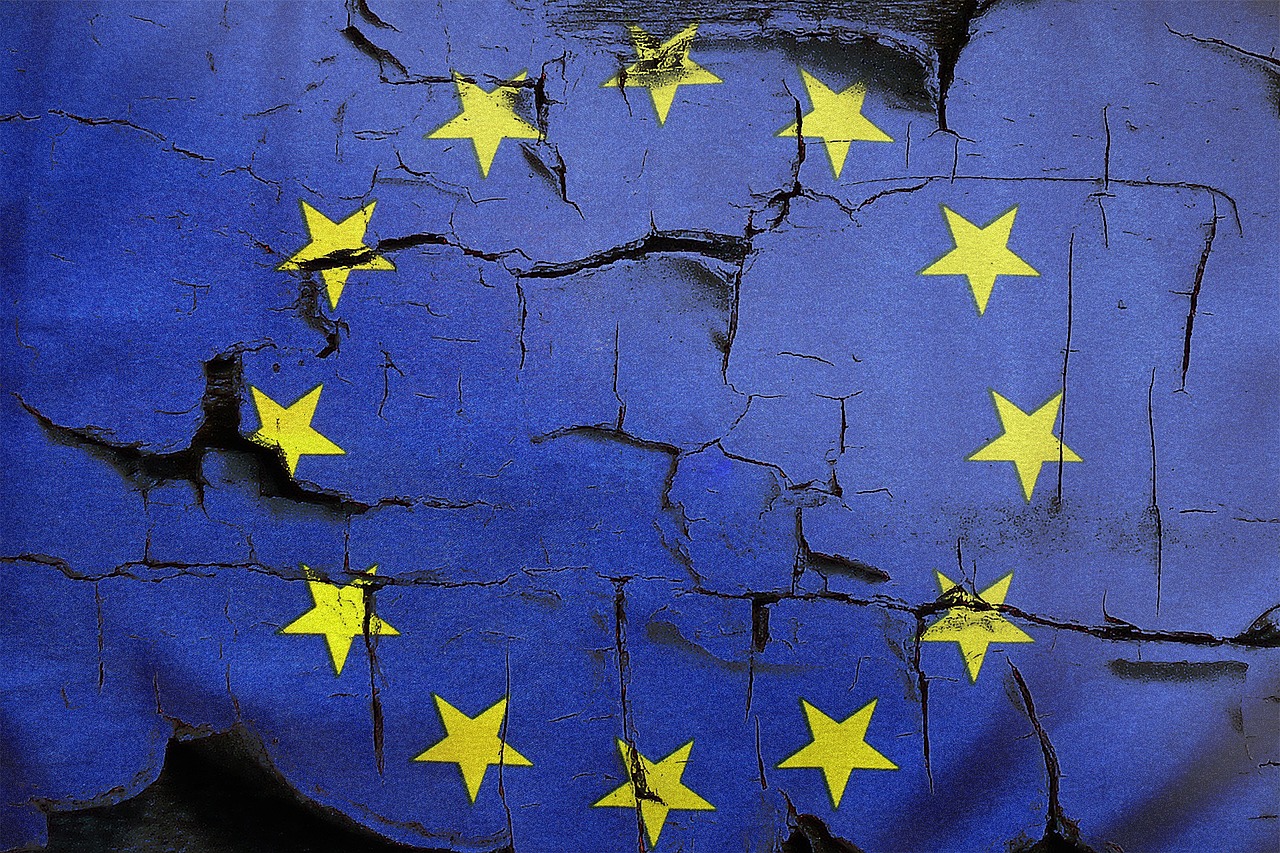31 May 2018
Exclusion From Galileo
An unwise stick.
By John Watson
 If the work of Galileo threw light into dark places, the row over the satellite system which is named after him promises to do the same. Galileo is the EU’s answer to the American Global Positioning System, and once up and running it will have a number of advantages. Technically it will be more up-to-date and exact for one thing. It will show that the EU can stand on its own feet in the field of military technology for another. Much more importantly, however, there will be no risk of the US plunging us into outer darkness by switching off our participation and blinding our military.
If the work of Galileo threw light into dark places, the row over the satellite system which is named after him promises to do the same. Galileo is the EU’s answer to the American Global Positioning System, and once up and running it will have a number of advantages. Technically it will be more up-to-date and exact for one thing. It will show that the EU can stand on its own feet in the field of military technology for another. Much more importantly, however, there will be no risk of the US plunging us into outer darkness by switching off our participation and blinding our military.
Originally the UK was against the project, preferring to see the EU rely on American systems rather than devise its own. Still, the thing has gathered momentum and, having provided much expertise and £1 billion or so of cash, the UK looks forward to participating in the benefits, or at least it did so until very recently.
Brexit, of course, has thrown the UK’s participation in all EU projects into doubt but on purely pragmatic grounds one might have expected British membership of Galileo to continue. Quite apart from our existing investment, UK technology is needed for the project’s completion, something which will be postponed for several years if the UK is forced to withdraw. Then the exclusion of the UK would jeopardise the close military cooperation between Britain and France, the nearest thing to a counterbalance to the preponderance of US power within NATO.
But against the need to complete this project and to secure Europe’s military position, there is something more important. Britain has to be punished for Brexit and cannot be seen to pick and choose EU projects. With the appointment of the German Martin Selmayr to the position of Secretary General of the Commission, the EU’s position is hardening and it would rather damage the interests of its members than see the UK leave on satisfactory terms. Here it moves well past the position of France and a number of other member countries, who would rather keep their focus on the overall good than on Brussels politics.
From Mr Selmayr’s perspective, this idea of punishment is based on a respect for the rules. Galileo is an EU project. How can a non-EU member be part of it? The UK has injected £1 billion. Too bad, why should that entitle them to any benefit when the rules say “no”? Apply the rules vigorously and justice will be done. What is more, the UK will see what it is losing, and, perhaps even more importantly, other states who might be thinking of leaving will see what they could lose as well.
This line of argument must sound familiar down in the south where Greece and Italy have been racked from a number of different directions. Membership of the euro has forced up the price of their goods creating widespread unemployment, while the Dublin Agreement, which makes incoming refugees the problem of the countries in which they arrive, leaves them bearing the burden of immigrant flows. Well, that is how the rules work after all.
As a contractual matter, there is a certain amount to say for all that, but rigidity contains the seeds of its own undoing. We are already seeing the effects of perceived oppression in Italy, with the possibility of a Government committed to pulling the country out of the euro. States on the eastern border show no signs of complying with the EU policy on immigration. Pressures are beginning to build and the obvious response is to adapt the rules to meet them, but that requires a flexibility the EU does not have. “Bend or break,” that is the option, and, if bending is not possible it requires a huge amount of centralised power to avoid breakage.
There is nothing new in all this. Listen to Wellington describing his military organisation :
“Napoleon built his campaigns of iron and when one piece broke the whole structure collapsed. I made my campaigns using rope, and if a piece broke I tied a knot.”
Political systems are much the same. What, after all, is the point of having men of vision at the top of them if the structure below is too sclerotic to reform?
The decision over Galileo is not going to bring down the EU but it shows a lack of flexibility which may ultimately have that effect. Listen to the Brexiteers criticising the Union as a German ramp. Listen to the Italian populists with their belief that their country has been sacrificed to the juggernaut. Then look at a Commission which puts the rules before the common good and which prizes punishment above prosperity. It is not likely to play well.


